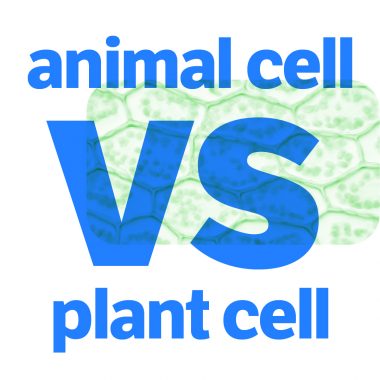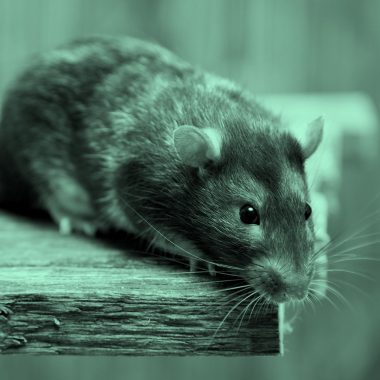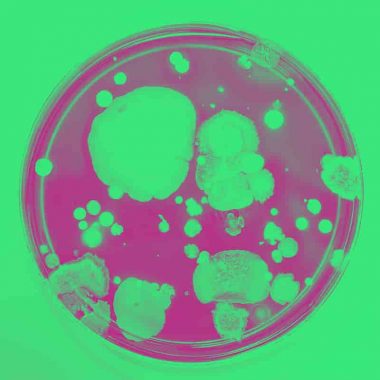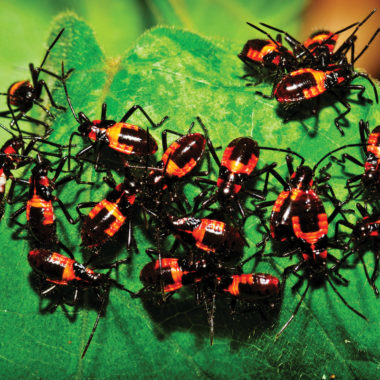Plant Cell vs. Animal Cell: What’s The Difference?
All living things are made up of cells. However, cells are different when considering plant or animal cells. In this article, we will examine some common differences between plant and animal cells. animal cell vs. plant cell In biology, a cell is the smallest structural unit of living things. Everything that is alive is made of at least one cell. Within many cells are small …





